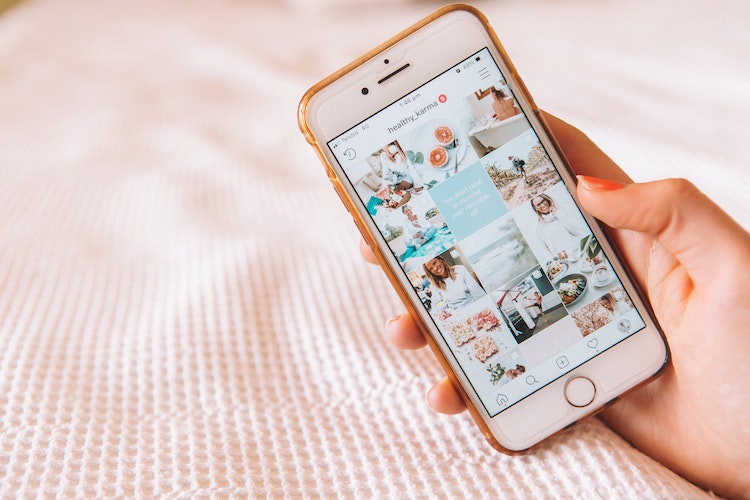
If you are a blogger, influencer or are sharing content online, you need our influencers’ guide to libel.
It’s tempting to think, “I’m not a journalist, why does this matter to me?”
Influencers can Commit Libel
Let’s imagine for a moment there was a story in the papers about a celebrity recently, who apparently housed their kids in a separate house, with a team of nannies caring for them.
As an influencer, you might be tempted to post about the story, perhaps expressing your view that this constitutes neglectful parenting. Perhaps someone in your comments says that the celebrity is a terrible parent and we should stop going to see their films in protest. Later it turns out the story was completely untrue. The celebrity complains and the paper prints a retraction and apology.
Q: Who in this story has potentially committed libel: the paper, the blogger, or the commenter?
A: All of them.
What is Libel?
If you didn’t get the right answer, and you’re blogging, you need to know more about libel. Simply put, libel law exists to protect our moral and professional reputations. Any statement that might harm that reputation can be considered to be libellous. The two sorts of libel are defamation (if printed) or slander (if spoken).
Any time you publish a statement on the internet that might cause someone’s reputation to be harmed, you are potentially committing libel. That applies in any context – whether you’re reviewing a toy, writing about a celebrity news story, or describing your children’s school teachers.
I know it’s tempting to think libel law doesn’t apply to you. You’re small fry in the world of publishing, and nobody would worry about that, right?
Influencers Guide to Libel Costs
Tell that to Yachting World, a tiny magazine with a 12,000-strong circulation. It ran a review of a yacht that claimed there were serious discrepancies between what the yacht could do and what the manufacturers’ claimed it could do. The yacht company successfully sued for libel, and the judge awarded the yacht company £1.4m in damages.
Then there’s the Liverpool radio station that ran a programme inviting listeners to call in with complaints about holiday companies. Someone made an allegation that was libellous – the radio station was successfully sued for libel, and had to pay £350,000 in damages. Think about that next time your blog comments section gets a bit heated.
How to Defend a Libel Claim
No influencers guide to libel is complete without covering what to do if you’re accused of libel.
There are some successful ways to defend a libel claim – if your statement was true; if it was an honestly held opinion of a true fact, expressed without malice; if it was made in a situation where there is privilege such as parliament; or the person concerned is dead.
There are some defences that can’t be applied to libel – you thought it was true; you were only repeating what someone else said; you took the post down when you realised it was libellous; the person you’re writing about could only be identified by one or two other people.
Help! I’ve been Accused of Libel
Firstly, know that in the UK taking legal action for libel is pretty tough (and expensive). Working in influencer marketing, I quite often see people cry “libel” – and it’s almost always something and nothing.
Libel is not the same as trolling. It’s entirely legal for someone to say they don’t like you, disagree with you, and even be really mean. Check out this post for advice about handling trolls.
The person you have potentially libelled has to not only show they have been libelled; they also need to show that your libel has (or will) cause them harm, professionally or financially. That’s a pretty high bar.
On the off-chance that action is brought against you, your best shot at minimising the risks are to show that:
- You took reasonable steps to moderate comments on your channel/page, for example by moderating comments or having a comment policy that users opt-in to or see each time they comment.
- You took steps to confirm the veracity of content before posting it.
- When alerted to the libellous content you took steps to remove and/or correct it.
We hope you found our influencers guide to libel helpful! Next time: copyright and why it’s not just a pretty logo at the bottom of websites.




